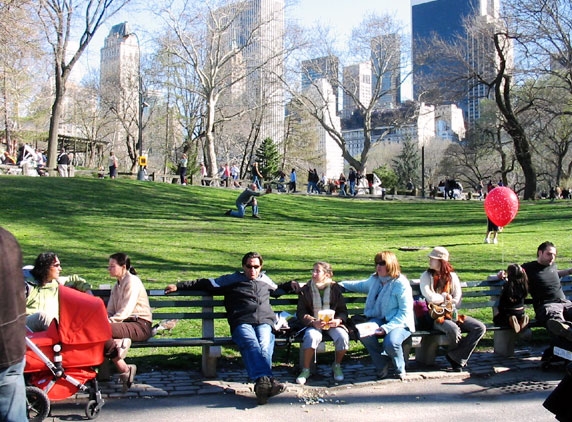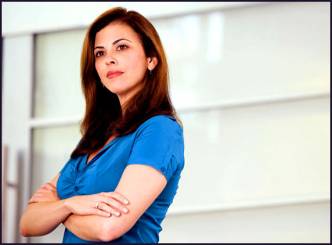
At my personal development workshops, I sometimes get people to do a little exercise in which they are asked to draw a picture of their own coat of arms. The idea is that they have to think about what symbols they want to put on it and also what their motto would be. I find it is an excellent way of introducing the concepts of values and principles.
A personal value is something that is important to the individual, whereas a principle is like a natural law that always operates to deliver a specific outcome. When my mum taught me that honesty is the best policy, she was teaching me a principle that is now a part of my own belief system.
In the above exercise, personal vales are often represented by the symbols that people choose to put on their shields and, very often, some principle will be represented in the motto they add to their coat of arms. I love walking around, reading the mottos as people are doing the exercise. Some mottos occur very frequently, such as:
Treat Others as You Wish to be Treated
Don't Worry, Be Happy
You Only Live Once
Follow Your Heart
Believe in Yourself
The first one, Treat Others as You Wish to be Treated, has probably been the most popular over the ten years I have been running my workshops and, of course, it is what we know as the Golden Rule. It is a principle that can be found in all the major world religions.
Recently, one person put the following motto on his shield: No Problem. In the analysis session, I naturally asked him about the significance of the words. He said that whatever happened in his life, he was convinced that there would be a way to sort it out, so there really could be no problems he ought to be worrying about.
Therefore do not worry about tomorrow, for tomorrow will worry about its own things. Sufficient for the day is its own trouble.
It is a principle that I also believe in because, in fact, the vast majority of the things we tend to worry about never actually come to pass. So it is a fact that most of our worrying is entirely wasted energy. Personally, I like to make my decisions and then get on with life not worrying too much about the possible risks associated with them.
Instead of doing a risk analysis, I prefer to do the crisis management should it be necessary. This might not be an approach for everyone and there would certainly be situations in which proper risk assessment would be very wise. But generally, I prefer to weigh the options, make my decisions and face the consequences as they arise.
If anyone asks me what I am going to do if some particular event occurs, like the person who attended my workshop, I believe that I will be equipped to deal with it if necessary and that attitude usually liberates be from the wasted energy I might otherwise spend worrying.

















